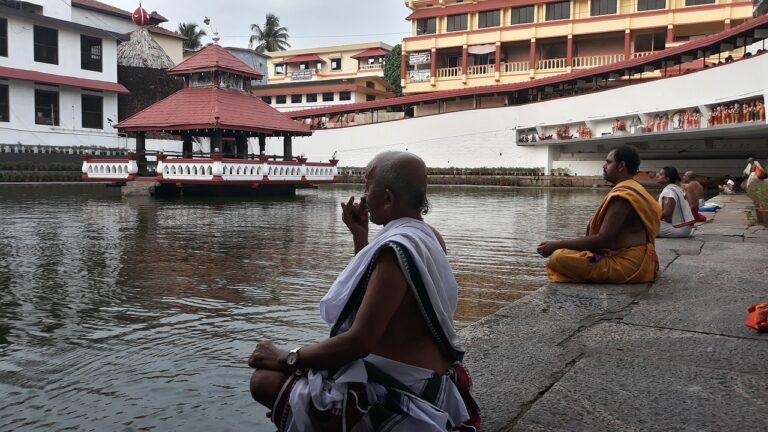Examining the Impact of Judicial Decisions on Electoral Processes
In the realm of electoral laws, judicial decisions play a crucial role in defining and refining the legal framework that governs the electoral process. As the ultimate arbiters of law, courts interpret existing statutes and constitutional provisions to settle disputes and establish precedents that guide future electoral practices. Through their rulings, judges not only clarify ambiguities in the law but also adapt it to address emerging challenges and ensure the integrity and fairness of the electoral system.
Moreover, judicial decisions often have the power to shape the dynamics of electoral contests by influencing the rules that govern the conduct of elections, such as voter registration requirements, candidate eligibility criteria, and campaign finance regulations. By issuing rulings on cases related to these matters, courts can significantly impact the way elections are conducted and the extent to which they reflect the will of the electorate. In this way, judicial decisions serve as a critical mechanism for upholding the democratic principles that underpin the electoral process.
Challenges Faced by Election Officials Post Judicial Rulings
Challenges faced by election officials post judicial rulings often revolve around the need for swift implementation of court decisions. Once a ruling is issued, election officials must quickly comprehend the implications and modify existing procedures accordingly. This urgency can place immense pressure on election officials, as any delays or missteps could lead to confusion among voters and potential legal challenges.
Moreover, the interpretation and application of judicial decisions can sometimes be complex and open to differing viewpoints. Election officials must navigate these interpretations carefully to ensure that their actions align with the court’s ruling. This can pose a significant challenge, as officials strive to balance legal compliance with the practical considerations of running a smooth and efficient election process.
Impact of Court Decisions on Voter Rights and Participation
Court decisions play a vital role in influencing voter rights and participation in the electoral process. Through their rulings, the judiciary has the power to uphold or challenge laws that directly impact citizens’ ability to exercise their right to vote. These decisions can determine the accessibility of voting methods, eligibility requirements, and overall fairness of the electoral system.
The impact of court decisions on voter rights and participation is far-reaching and can have significant consequences on the democratic process. By interpreting and enforcing electoral laws, courts have the authority to safeguard the integrity of elections and ensure that all eligible individuals have the opportunity to have their voices heard. In this way, court decisions serve as a crucial mechanism for upholding the fundamental principles of democracy and protecting the rights of voters.
• Court decisions can uphold or challenge laws that directly impact citizens’ ability to vote
• Rulings can determine the accessibility of voting methods and eligibility requirements
• Courts play a vital role in ensuring the fairness of the electoral system
• The judiciary has the power to interpret and enforce electoral laws
• Courts safeguard the integrity of elections and ensure all eligible individuals have a voice
How do judicial decisions influence electoral laws?
Judicial decisions play a significant role in shaping electoral laws by interpreting the constitution and existing legislation. These decisions can lead to changes in voter registration requirements, voting procedures, and redistricting.
What challenges do election officials face after a court ruling?
Election officials may face challenges such as having to implement new voting procedures or redistricting maps mandated by a court decision. They may also have to educate voters about any changes resulting from the ruling.
How do court decisions impact voter rights and participation?
Court decisions can either expand or restrict voter rights and participation. For example, a ruling that strikes down voter ID laws may make it easier for more people to vote, while a ruling upholding such laws may disenfranchise certain groups of voters.







